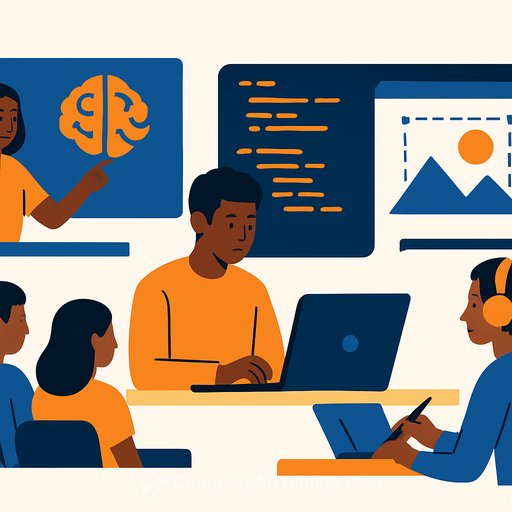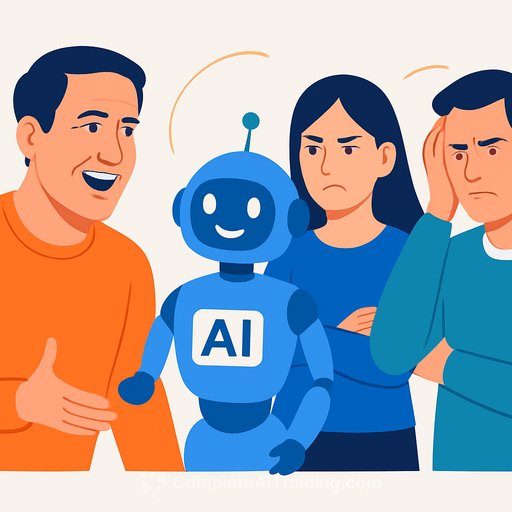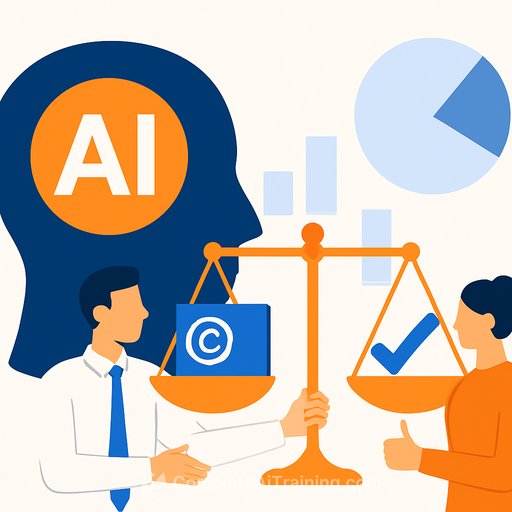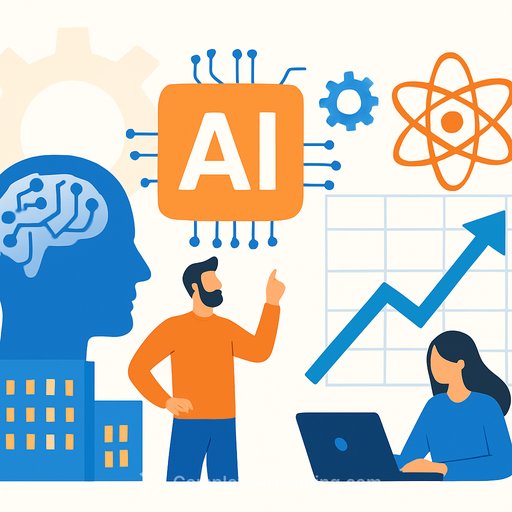AI adoption grows in Georgia: what creatives can do right now
Georgia is leaning into AI. New data from Anthropic shows the state ranks high for using Claude to build K-12 teaching and tutoring materials, with strong activity from tech, education, and creative workers.
For creatives, this is a signal. The tools are here, and your peers are using them to move faster and ship better work.
What the data says
- Georgia ranks 19th among U.S. Claude users.
- High share of usage goes to K-12 materials, tutoring, and "academic assistance." Think concept explanations, music theory guidance, statistics help.
- Top user groups: tech and math, then education, then creative/media/sports.
- Top topics overall: editing and improving writing (4.6%), fixing code (3.2%), and research/writing/education support (3.1%).
Why it matters for creatives
Editing, coding, and research are core creative workflows. If AI trims hours from those, you get more time for composition, design, direction, and polish.
You don't need to overhaul your process. Add AI where it reduces friction: idea development, draft cleanup, reference gathering, and small automations.
Practical ways to use Claude in your creative work
- Writing and scripts: tighten copy, punch up hooks, restructure scenes, or draft alt versions in your brand voice.
- Concepting: generate visual directions, taglines, and mood board prompts from a brief or style guide.
- Video and audio: outline shot lists, draft VO scripts, create beat sheets, or refine timing notes.
- Design systems: turn brand rules into prompt templates for consistent art directions and variations.
- Light coding: fix snippets for After Effects expressions, Blender scripts, or creative tooling.
- Learning on demand: ask for fast explainers on music theory, color science, or statistics behind your analysis.
- Education crossovers: package your expertise into micro-lessons or workshops using the same tutoring use cases trending in Georgia.
Fast start playbook
- Pick one workflow to improve this week: editing, ideation, or code fixes.
- Define your inputs: brand voice, audience, constraints, examples you like.
- Create 3-5 reusable prompts. Save them as your personal library.
- Set guardrails: fact-check claims, review tone, and test on small stakes first.
- Measure results: track time saved, drafts reduced, or quality scored by a peer.
Helpful links
- Anthropic's Claude - the model behind the usage insights.
- Popular AI tools for creative work - vetted tools to plug into your workflow.
Reality check
We're early. AI can and will make mistakes. Its impact on the environment, labor, relationships, and mental health is still being learned.
Use it as a collaborator, not a crutch. Keep your taste, judgment, and ethics at the center of the work.
Your membership also unlocks:






